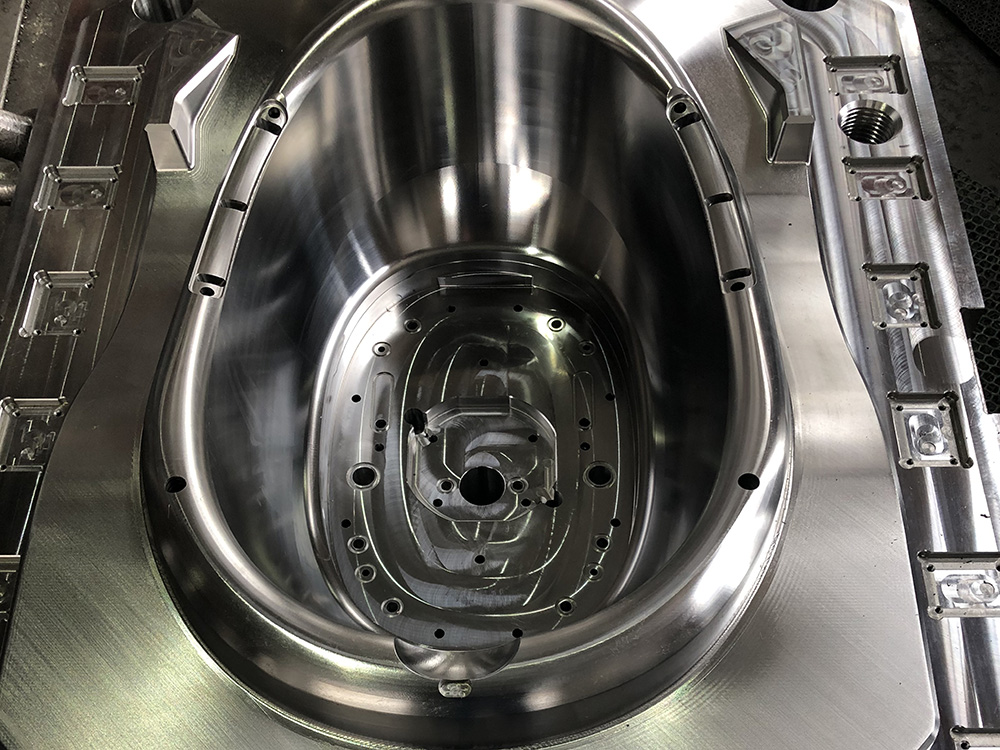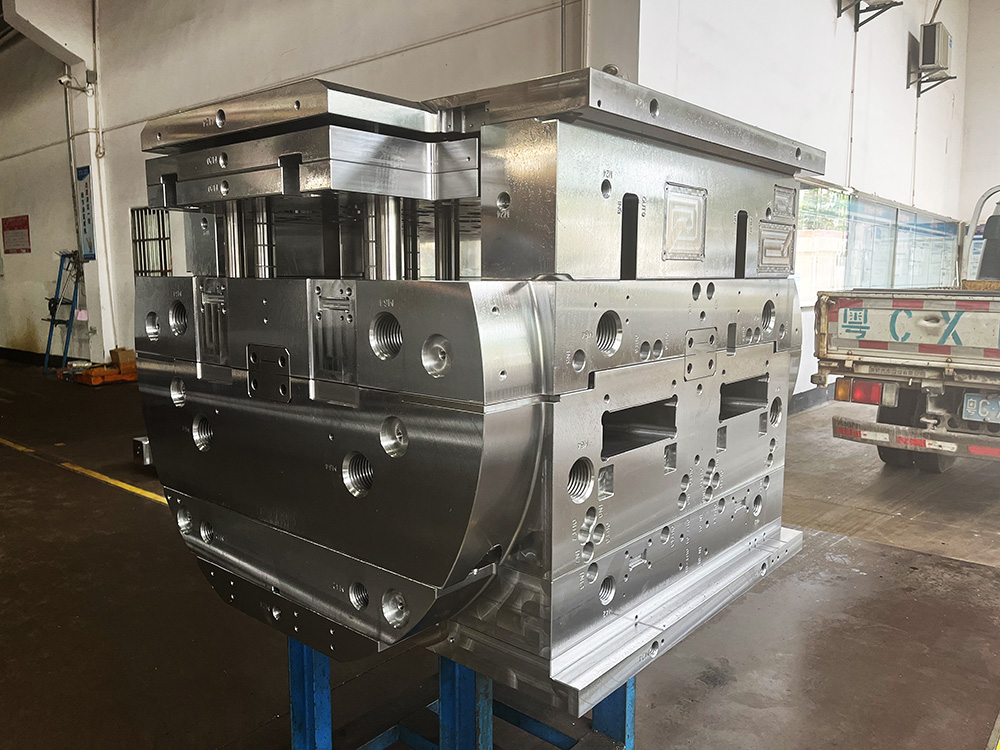The Driving Force Behind Non-standard Modular Construction Trends: Customized Production
Non-standard modular construction is a growing trend in the construction industry. This approach involves the use of prefabricated components that are tailored to meet specific project requirements. One of the key factors driving this trend is the concept of customized production within the mold base industry. This article will explore the significance and impact of customized production in the non-standard modular construction industry.
The Mold Base Industry: A Foundation for Customized Production
The mold base industry plays a crucial role in the production of customized components for non-standard modular construction. Mold bases are precision-machined tools that serve as the foundation for creating various customized parts. These parts can be produced in large quantities, ensuring consistency and quality across different construction projects.
The utilization of mold bases allows for the efficient production of non-standard modular components. This technology enables manufacturers to produce a wide range of shapes, sizes, and designs that meet the specific requirements of each project. Customized production minimizes waste and optimizes efficiency, making it an attractive option for the construction industry.
Advantages of Customized Production in Non-standard Modular Construction
Customized production offers several advantages for the non-standard modular construction industry. Firstly, it allows for greater flexibility in design and functionality. Construction projects often have unique requirements that cannot be met with standardized components. Customized production addresses this issue by enabling manufacturers to create tailored solutions that fit the project's specifications.
Secondly, customized production reduces construction timelines. Prefabricated components can be produced in advance, allowing for faster on-site installation. This accelerated construction process leads to cost savings and improved project efficiency.
Another advantage of customized production is improved quality control. By using mold bases and standardized manufacturing processes, manufacturers can ensure consistent quality throughout the production of non-standard modular components. A high level of precision and accuracy can be achieved, resulting in reliable and durable construction materials.
Market Demand and Future Prospects
The demand for non-standard modular construction is increasing due to various factors, such as a need for cost-effective and sustainable building solutions. Customized production addresses these demands by providing tailored, efficient, and high-quality components.
In the future, customized production within the mold base industry is expected to further evolve and innovate. The development of advanced technologies, such as 3D printing, will revolutionize the production process, enabling even more complex and unique components to be created.
Furthermore, the benefits of customizing modular construction components will lead to increased adoption in various sectors, including residential, commercial, and industrial construction. This shift towards customized production will drive further growth and development within the mold base industry.
Conclusion
Customized production is the driving force behind the non-standard modular construction trend. The mold base industry plays a crucial role in enabling efficient and precise production of tailored components. The advantages of customized production, including flexibility, reduced construction timelines, and improved quality control, make it a desirable choice for the construction industry. As market demand increases and technology continues to advance, customized production is set to revolutionize the non-standard modular construction industry, driving further growth and innovation.




